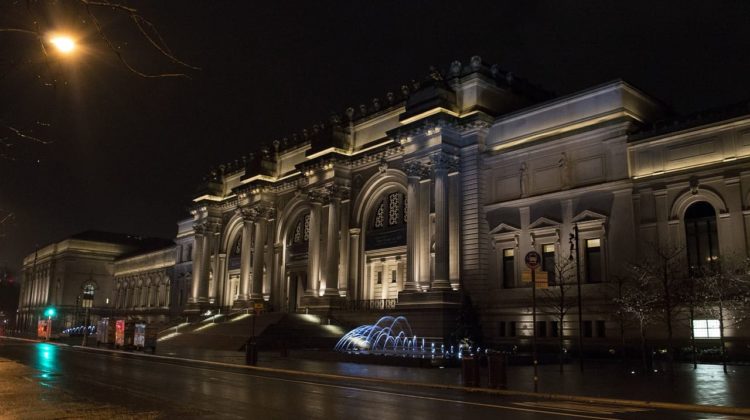
The Metropolitan Museum created a plan to address racism and diversity
Responding to mounting internal pressure, New York’s Metropolitan Museum of Art announced it will create a fund “to support initiatives, exhibitions, and acquisitions in the area of diverse art histories” as part of a -point anti-racism and diversity plan. The full plan can be read in a blog post penned by the museum’s president and CEO Daniel H. Weiss and its director, Max Hollein.
In addition to the fund, the plan also includes mandatory anti-racism training for all its staff within the next days, with senior leadership and department heads receiving their training within the next days.
The museum also plans to hire a chief diversity officer within the next four months, commit to hiring BIPOC individuals for department head and senior roles, guarantee that all interns are paid for their work in order to better ensure accessibility of such roles across economic divides, and ensure that percentage of students in the museum’s high school intern roles are coming from Title schools.
These last few weeks have brought urgent attention to longstanding issues of racism in the United States and around the world. Our government, policies, systems, and institutions have all contributed to perpetuating racism and injustice, and The Metropolitan Museum of Art must reflect on its past and aspire to be an agent of change. . . . Over the past weeks we have consulted intensely with many voices, both within and outside the Museum, to shape what it should be. Our list is not exhaustive, but it represents a significant agenda for improvement at this time and in the days and months ahead. Some of these actions are immediate and measurable, while others will take longer to implement, but we are committed to the success of each of them.
These decisions come after an anonymous group of employees at the museum, known collectively as the Collective Action Working Group, published an open letter on June th articulating the need for institutional reform. According to Artnet News, the group stated that its members have “personally experienced dismissal, silencing, or erasure by speaking up about structural racism andor individual racial, accessibility, gender, and sexual bias.” The plan also comes as institutions around the world are coming to terms with their prejudices and problematic histories. Earlier this week, the Guggenheim Museum had announced that it would conduct an independent investigation into its practices following numerous accounts of institutional racism.
